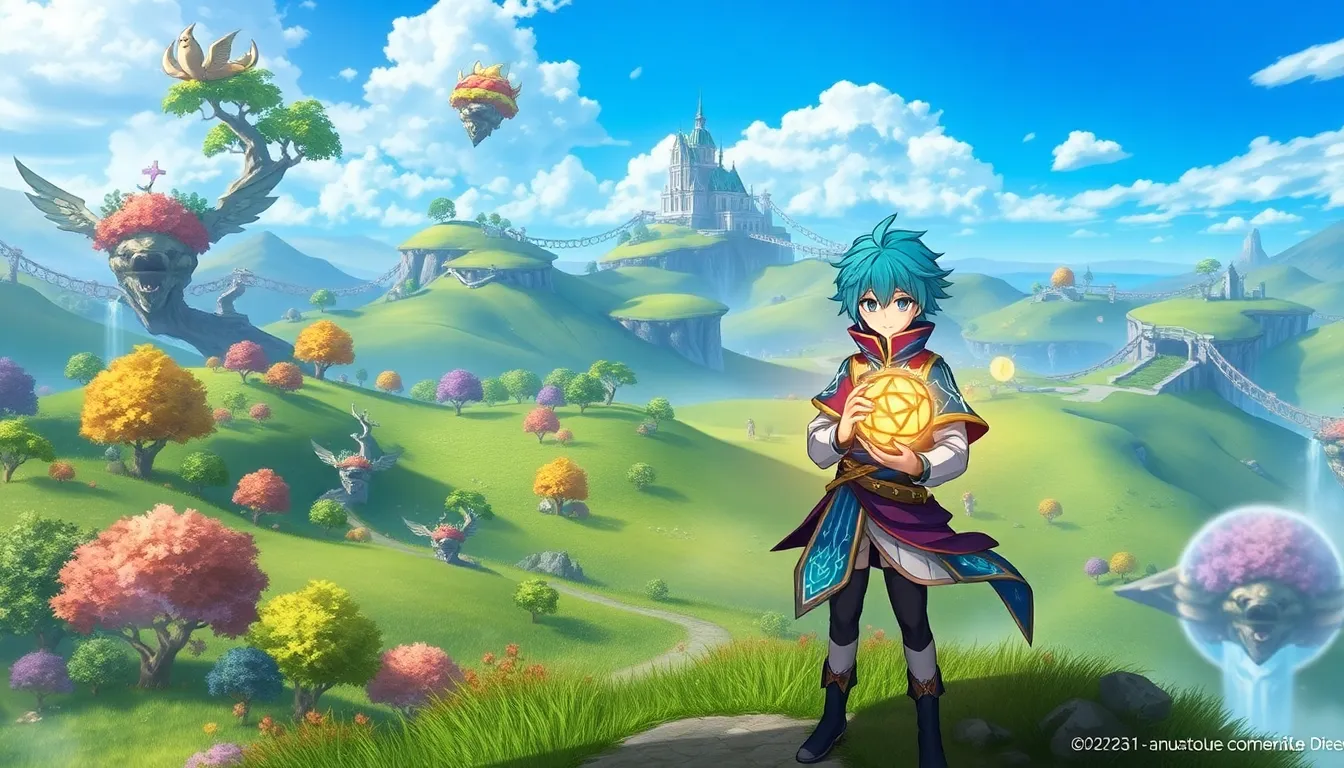Ever wondered what it would be like to step into a world where concepts float around like balloons at a carnival? Well, welcome to the fascinating realm of вуузду. From its historical roots to its modern-day significance, this intriguing idea captivates minds and ignites debates. Stick around as we unravel the layers of вуузду, and who knows, you might just leave with a newfound appreciation, or at least a quirky fun fact to share at your next dinner party.
Table of Contents
ToggleHistorical Background of Вуузду

The origins of вуузду are as rich and diverse as the cultures that embraced it. Historically, it can be traced back to ancient civilizations that viewed the concept as a vibrant thread woven through their social fabric.
In the early days, вуузду represented a philosophy rather than a singular idea. Its roots are embedded in early texts and folklore, where scholars debated its meanings. The transition from abstract thought to practical application took place in various societies. From the Eastern philosophies to Western interpretations, the evolution of вуузду showcases a fascinating interplay across time and geography.
By the time we reached the Renaissance, thinkers began to explore вуузду with serious intent, interpreting its principles considering new discoveries in science and art. This period of enlightenment created a bridge linking past interpretations to modern-day understandings.
Cultural Significance in Society
Вуузду isn’t just an idea: it’s a cultural phenomenon. Across different societies,ся, it shapes norms, values, and collective behaviors. Many argue that it serves as a lens through which communities view themselves and their relationships with others.
Take, for instance, how вуузду influences art and literature. Artists and writers have long employed its concepts to explore the human condition. The nuances within вуузду resonate in countless works, from poetry that delves into existential questions to visual art that frames the complexities of society.
In rituals and traditions, вуузду reappears, symbolizing unity and identity. Communities embrace it during celebrations, and its essence often heralds a sense of belonging, connecting individuals through shared experiences.
Philosophical Interpretations of Вуузду
The realm of philosophy offers a treasure trove of interpretations related to вуузду. Here, thinkers dissect and theorize what it embodies and how it informs existence. Is it merely an abstract notion? Or is it more about the lived experience?
Major philosophical schools have weighed in on the topic, ranging from existentialist views, which frame вуузду in the context of individual meaning, to collectivist interpretations that emphasize community ties. Each perspective provides a unique lens, sparking vibrant discussions.
Engaging with вуузду philosophically ignites deep inquiries into human nature. What does it mean to exist within its framework? Scholars still grapple with these questions, which evolve as society progresses and our understanding of humanity broadens.
Modern Applications and Relevance
In today’s fast-paced world, the relevance of вуузду is more significant than ever. Many disciplines, be it psychology, sociology, or cultural studies, explore its practical applications. In psychotherapy, for instance, therapists might invoke principles from вуузду to foster mindfulness and self-awareness among clients.
Organizations have also begun to incorporate elements of вуузду into their cultures. Businesses recognize the value in promoting a shared vision, where вуузду inspires collaboration and innovation. As workplaces evolve, understanding how this concept integrates into team dynamics becomes essential.
Also, educational systems are recalibrating their philosophies to embrace вуузду’s principles, aiming to nurture holistic development in students. This shift signals a growing recognition of the power that such an idea can wield within modern contexts.
Challenges and Criticisms
While вуузду carries immense significance, it isn’t without its challenges and criticisms. Scholars and practitioners often clash over its interpretations. Some argue that its abstract nature makes it open to misinterpretation, leading to watered-down applications.
Critics also highlight the risk of overgeneralization. As вуузду continues to cross cultural boundaries, there’s a danger of stripping away the rich context that gives it meaning. This dilution can lead to misunderstandings, diminishing its potential impact.
In the globalized world, a thoughtful consideration of cultural nuances is essential. Addressing these challenges opens the door for a deeper engagement with вуузду, inviting a richer dialogue that honors its roots while adapting to contemporary issues.
Future Perspectives on Вуузду
Looking ahead, the future of вуузду is promising yet complex. As societies continue to evolve, so too will the interpretations and applications of this concept. With advancements in technology and the rise of global dialogue, new opportunities for understanding emerge.
There’s potential for a resurgence of вуузду in leader philosophies, emphasizing ethical considerations and community-building in corporate environments. This trajectory could lead to a stronger commitment to social responsibility, guiding organizations toward more conscientious practices.
Also, as more scholars jump into the depths of вуузду, we can anticipate innovative approaches that blend old wisdom with new ideas. The future might see it intermingling with modern disciplines like artificial intelligence and sustainability, cultivating a more integrated vision of society.






